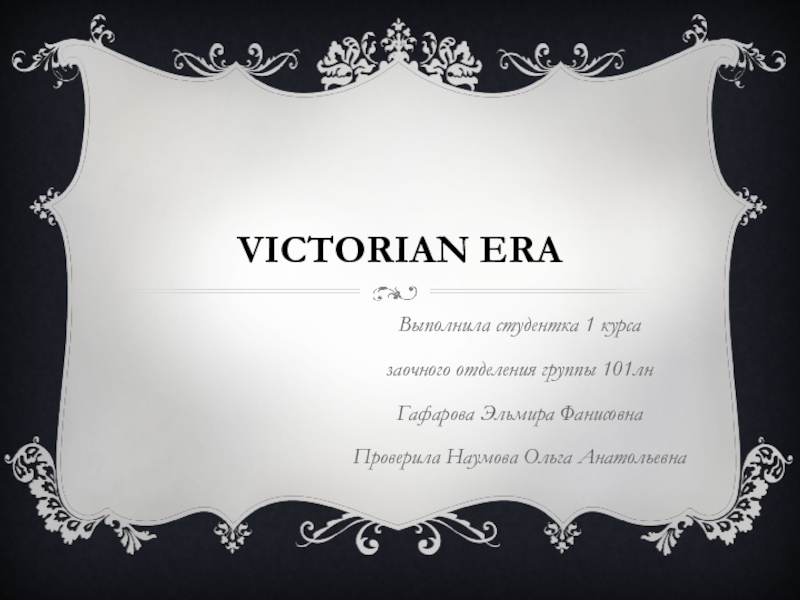- Главная
- Разное
- Дизайн
- Бизнес и предпринимательство
- Аналитика
- Образование
- Развлечения
- Красота и здоровье
- Финансы
- Государство
- Путешествия
- Спорт
- Недвижимость
- Армия
- Графика
- Культурология
- Еда и кулинария
- Лингвистика
- Английский язык
- Астрономия
- Алгебра
- Биология
- География
- Детские презентации
- Информатика
- История
- Литература
- Маркетинг
- Математика
- Медицина
- Менеджмент
- Музыка
- МХК
- Немецкий язык
- ОБЖ
- Обществознание
- Окружающий мир
- Педагогика
- Русский язык
- Технология
- Физика
- Философия
- Химия
- Шаблоны, картинки для презентаций
- Экология
- Экономика
- Юриспруденция
Dialect, all aspects of language – syntax, lexicon, morphology, phonology презентация
Содержание
- 1. Dialect, all aspects of language – syntax, lexicon, morphology, phonology
- 2. 2. Phonology/phonetics Listen especially for “north” of
- 3. 3. Miscellaneous pronunciation differences inSURance
- 4. http://www.youtube.com/watch?v=Tj4EIGje4dA New prosodic feature associated with dialect variation: Up-talking
- 5. Standard or Preferred Dialects Standard, preferred, or
- 6. Standard or Preferred Dialects (cont’d) Spanish: Barcelona/Madrid,
- 7. Opinions vary. This is from John Simon
- 8. Another view – linguist Dwight Bollinger: “In
- 9. One more view: Linguist Stephen Pinker “Most
- 10. These views could hardly be more different.
- 11. One more wrinkle: It’s too simplistic to
- 12. Is it really true that there are
- 13. Proper construction is supposed to be: I
- 14. Here’s another one: Don’t split infinitives (e.g.,
- 15. This entirely idiotic “usage rule” is well
- 16. Because speakers/writers bought this line of bull,
- 17. Morals: The self-appointed “language gurus” who
- 18. Don’t end a sentence with a preposition.
- 19. How would you fix this one?
- 20. NOTE: This next example, which has to
- 21. (Alleged) misuse of the word hopefully “’Hopefully’
- 22. Another (alleged) “misuse” of hopefully:
- 23. What’s the problem with this usage rule?
- 24. Hopefully in “Hopefully, our team will win.”
- 25. Typically, we treat first
- 26. Amazingly, there
- 27. Confidentially, John
- 28. Ideally, language experts should actually understand
- 29. Is there anything wrong with any of
- 30. Final Note on Verb-Phrase Adverbs vs.
- 31. Q: How did we end up with
- 32. The dreaded “Sally and me went fishing.”
- 33. Frances drove Mikey and me to the
- 34. Let’s back up here and see if
- 35. If a five-year old can easily avoid
- 36. What about constructions that seem obviously wrong?
- 37. One last point: Is it the case
- 38. Where does this leave us? The
- 39. The reality is that the ability to
- 40. So, what should educators do? It should
- 41. [Read this on your own.] Attitude changes
Слайд 1Dialects and “Proper” Usage
All but the very smallest language communities show
1. Syntax
I don’t have any socks. vs. I don’t have no socks. vs.
I don’t got no socks.
I am walking. vs. I be walking.
waiting for Mike vs. waiting on Mike
waiting in line vs. waiting on line (NYC)
I knew he was guilty. vs. I knowed he was guilty.
Слайд 22. Phonology/phonetics
Listen especially for “north” of “north wind,” “warmly,” “other” in
Note “north,” “longer,” “stronger,” “first,” “warmly”, “at last.” Variety of English?
What region of the U.S. do you suppose this person is from?
Where’s this guy from?
http://www.youtube.com/watch?v=vYabrQrXt4A
Слайд 33. Miscellaneous pronunciation differences
inSURance vs. INsurance
greasy vs. “greazy”
Washington
poLICE vs. POlice
4. Prosodic differences (melody and rhythm)
Drawn-out syllables of “southern drawl”
Distinctive rising pitch of one (rapidly disappearing) variety of New England speech.
Слайд 4http://www.youtube.com/watch?v=Tj4EIGje4dA
New prosodic feature associated with dialect variation: Up-talking
Слайд 5Standard or Preferred Dialects
Standard, preferred, or “prestige” dialects emerge from dialect
British English: London dialect, not cockney, Scottish, Irish, Manchester, etc.
American English: West/Western Midwest, not Southern, South Boston, Brooklyn, BEV, inner city Chicago, etc.
Слайд 6Standard or Preferred Dialects (cont’d)
Spanish: Barcelona/Madrid, not Mexico, El Salvador, Guatemala,
What is it about the standard dialects that causes them to be preferred over the non-standard forms?
Are they preferred for linguistic reasons; i.e., are they more grammatical?
Слайд 7Opinions vary. This is from John Simon (theater critic, language guru)
“Why
And this:
“The English language is being treated nowadays exactly as slave traders once handled the merchandise in their slave ships, or as the inmates of concentration camps were dealt with by their Nazi jailers.”
Слайд 8Another view – linguist Dwight Bollinger:
“In language there are no licensed
Yikes! Position is pretty clear: SE is preferred on purely linguistic grounds: “I am” has its roots in accepted classical grammar; “I be” has its roots in ignorance.
Слайд 9One more view: Linguist Stephen Pinker
“Most of the prescriptive rules of
Слайд 10These views could hardly be more different. Who’s right? The language
Short answer: the linguists. No doubt about it.
Arguments in a minute, but if we accept (for the moment) that there are no linguistic grounds for preferring the standard, how do standard dialects become preferred? Answer is very simple: standard dialects are those that we associated with geographic centers of wealth and political power.
British English: Why London and not Manchester or Liverpool?
Spanish: Why Barcelona and not Guatemala or Puerto Rico?
American English: Why this broad swath from the upper Midwest to the west coast and not Brooklyn, rural Mississippi, south Boston, south-side Chicago (Sipowitz), East St. Louis, urban Detroit, rural Appalachia, rural Arkansas?
Слайд 11One more wrinkle: It’s too simplistic to say that there is
Neither speech pattern conforms to “General American,” and both are distinctively “southern,” but which of these would you suppose is more accepted? Why?
So, what are the common threads among the dialect “haves” vs. the “have nots”? Simple: Money, political power.
Are there any counter-examples; e.g., a language in which the standard dialect was associated not with Madrid but with Honduras or El Salvador?
Слайд 12Is it really true that there are no linguistic grounds for
I don’t have no twinkies.
This one has to be messed up, doesn’t it? Two negatives make a positive! It’s just not logical. It does violence to the language – just like the Nazis. Guess what? Many languages do this. French:
Je ne sais pas.(“I do not know.”; literally, “I not know not.”)
Yikes – ne negates, pas negates. It’s a dreaded double negative.
Spanish has a very similar construction. Many languages do. Why shouldn’t English? Answer: It does, but not in standard English.
Слайд 13Proper construction is supposed to be:
I don’t have any Twinkies.
The any
*I have any twinkies. ???
The any here serves a place holder function in the same way as the it of “It is raining.” The “no” of “I don’t have no twinkies” fulfills this grammatical function just as well as “any.”
Last point: In the world of grammar, two negatives do not make a positive. Do these sentences mean the same thing?
He is attractive. [This is good news right?]
He is not unattractive. [A polite way to say, “He’s a gargoyle.”]
Слайд 14Here’s another one: Don’t split infinitives (e.g., to go).
…
boldy has intruded in the middle of to go. Here’s the educated way:
… to go boldly where no man has gone before …
Yech. Any idea where this “rule” came from? Latin!!!!
dare (to give), docere (to teach), contare (to sing)
Reasoning (?): (1) Latin doesn’t split infinitives, (2) Latin is way cool, (3) English speakers (if they want to be way cool) shouldn’t split infinitives.
Слайд 15This entirely idiotic “usage rule” is well over 100 years old.
The pinhead who came up with it managed to convince people to apply a feature of Latin to English.
How was he able to pull this off? Easy – he declared himself to be a language expert, and readers of his usage manual thought, ok, he’s the expert. I’m going to follow this rule, then people will know that I’m way educated.
Слайд 16Because speakers/writers bought this line of bull, we can no longer
Cecil wants to slowly cut back on his cigar habit.
It has to be the awkward-sounding:
Cecil wants to cut back slowly on his cigar habit.
And how would you fix a sentence like this?
The drop-out rate is expected to more than double in the next ten years. [Two ‘intruders’ in middle of the infinitive here]
Q: Where do you stick the more than without splitting the infinitive?
A: It doesn’t need fixing in the 1st place.
Слайд 17Morals:
The self-appointed “language gurus” who have blessed us with most
When you set out to solve a problem that doesn’t exist (in this case, the dreaded split infinitive) you are not going to get a good result.
Слайд 18Don’t end a sentence with a preposition. Why not? Because I
uncooth: That is something I’ve been thinking about.
cooth: That is something about which I’ve been thinking.
There is simply no natural rule of English that forbids ending a sentence with a preposition. How preposterous is this artificial rule?
This is the kind of English up with which I will not put.
-unknown, often attributed to Churchill
Слайд 19How would you fix this one?
Tennis is the game I’ve
There are two prepositions at the end. How to fix it?
How about:
*Tennis is the game around with which I’ve been playing.
Sound OK? I don’t think so. It could be completely reworded from scratch – but why? There’s nothing wrong with it.
Слайд 20NOTE: This next example, which has to do a bogus usage
If you understand this example you’ll understand what the whole usage-rule mess is all about.
There isn’t anything difficult about it.
Слайд 21(Alleged) misuse of the word hopefully
“’Hopefully’ may be one of the
Hopefully, the package will arrive.
In this case, ‘hopefully’ is a dangling modifier, because the package is not hopeful. ‘Hopefully’ describes nothing at all in this sentence.” [All of the above is a direct quote from a website on English usage.]
(From http://www.ehow.com/how_2387485_use-hopefully-correctly.html)
This analysis is ENTIRELY wrong. (details soon)
Слайд 22Another (alleged) “misuse” of hopefully:
Hopefully, our team
What’s wrong? The usage expert’s argument:
hopefully is an adverb, like carefully, as in “Bob read the book carefully.” The “Bob” sentence is ok because there is an agent (Bob) who is doing something (reading) in a careful manner.
In Hopefully, our team will win,” the argument goes, there is no agent doing something in a hopeful manner. Therefore, hopefully is being abused. It is a dangling modifier. This does violence to the language, much in the manner of Nazis and slave traders.
Слайд 23What’s the problem with this usage rule? The problem is that
The stupies who came up with this rule were blissfully unaware that there are two different kinds of adverbs in English:
verb-phrase adverbs: ‘Ordinary’ adverbs that behave exactly like carefully in “Bob read the book carefully”. (This is the only kind you learn about in grade school, which is as far as the ‘experts’ got.)
sentence adverbs: These apply globally to a sentence as a whole, not locally to an individual verb (or verb phrase or adjective).
Слайд 24Hopefully in “Hopefully, our team will win.” is a sentence adverb,
Curiously, he never showed up.
(‘curiously’ modifies the following sentence)
What is it that’s curious? The fact that “he never showed up” – a sentence. This explains why they are called sentence adverbs.
Слайд 25
Typically, we treat first offenses lightly.
(‘typically’ modifies the following sentence)
What
(There is a 2nd adverb – lightly. What kind is this, and why?) [The word lightly modifies treat. It is telling the listener the manner in which treatment occurs. Therefore it is one of the “ordinary” adverbs – i.e., the verb-phrase type.]
Слайд 26
Amazingly, there is nothing wrong with this sentence.
(‘amazingly’ modifies the
Слайд 27
Confidentially, John Simon is a hairball.
Q: What is being modified
A: Not an individual word or phrase, but the sentence “John Simon is a hairball”; the speaker is telling you that sentence is being uttered in a confidential manner.
Слайд 28
Ideally, language experts should actually understand how adverbs work. Sadly, this
Q: What is being modified by the adverb ideally?
A: Not an individual word or phrase, but the sentence “language experts should actually understand how adverbs work”.
Q: What is being modified by the adverb sadly?
A: Not an individual …, but the sentence “it is often the case that they do not”.
Слайд 29Is there anything wrong with any of these sentences? [No]
Are they
Does the jughead who came up with this “rule” know what he/she is talking about? [No]
Why was hopefully picked on and not candidly, basically, incidentally, predictably, oddly, supposedly …? [No one knows]
Слайд 30Final Note on Verb-Phrase Adverbs vs.
Sentence adverbs
The distinction is based
You don’t necessarily create a sentence adverb by moving the word to the beginning of the sentence.
Hurriedly, Sidney put his pants on. He wasn’t sure when Vera’s husband would be home.
What does hurriedly modify? It tells the listener the manner in which Sidney put his pants on. The adverb is at the front, but that doesn’t make it a sentence adverb.
Слайд 31Q: How did we end up with an idiot rule telling
A: They were given to us by all kinds of people over the years who believed themselves to be language experts. They based their judgments mainly on bits and pieces of stuff they learned mostly in grade school and middle school and only partly understood. They wrote usage books and newspaper columns on language. Once an idea like the ‘hopefully’ thing catches on – no matter how stupid it is – we are stuck with it indefinitely.
Слайд 32The dreaded “Sally and me went fishing.”
There isn’t a single grammar
Are any of the sentences below wrong (based on what usage experts say)?If so, which one(s)?
Frances drove Mikey and me to the bank.
He gave the pizza to Willard and me.
This is just between you and me.
Will you loan Amy and I your hockey stick?
Слайд 33Frances drove Mikey and me to the bank. -- ok
He gave
This is just between you and me. -- ok
*Will you loan Amy and I your hockey stick? – not ok
Why do the ‘wrong’ ones sound right and the ‘right’ ones sound wrong?
Amazingly enough, the usage rule about Frank and me went to the game – even this one – is bogus (for an explanation, see Pinker’s Grammar Puss on my 2040 web page).
Bogus or not, almost nobody actually learns the rule. What most speakers learn is, say ‘X and I’; don’t say ‘X and me’.
Слайд 34Let’s back up here and see if we can figure out
The rule:
‘I’ is the nominative case; nominative = subject, so it is “I went fishing.” not “Me went fishing.”
‘Me’ is the objective case; object = object, so it is “Give the bobber to me.” not “Give the bobber to I.”
Pretty simple rule, eh? Kids figure this one out while they’re still in short pants.
Слайд 35If a five-year old can easily avoid saying, “Me is going
It’s because, once again, the rule itself is bogus. The explanation is not a short one. If you’re interested, read Pinker’s Grammar Puss, available on my web page. Even if you’re not interested in the explanation, I recommend Grammar Puss. It’s a short paper, a good read, and fun.
Слайд 36What about constructions that seem obviously wrong?
He workin’. (non-standard)
He be workin’. (non-standard)
He
Imagine that we handed these sentences to the world’s brainiest linguist – knows everything about every language, but knows nothing about preferred dialects and non-standard dialects.
We ask the linguistic one question: Which of the forms above is standard and which non-standard?
Answer: She will not be able to tell. Judgments about standard & non-standard dialects are entirely social, not linguistic.
Слайд 37One last point: Is it the case that non-standard forms are
No. There are grammatical features in the standard dialect that can go unmarked in the non-standard dialect.
Just as often the reverse is true. BEV:
He workin’. Not the same as “He is working.” Specifically means he’s working right now.
He be workin’. Not the same as “He is working.” Refers specifically to a habitual or frequent activity, as in: “"He be workin' Tuesdays all month."
A form of aspect is being marked here that is ignored in SAE. Does that make SAE impoverished? No, there are other ways to do it, using words like right now or usually.
One more simple example: SAE “you” for both plural and singular vs. the non-standard “y’all’ (south) or ‘youse’ (NY, Philly, etc.)
Слайд 38Where does this leave us?
The criteria for preferring standard dialects
They are not cognitive or linguistic.
Should people in the education business start advising students to speak and write any way they please, ignoring the standard dialect since it is no better than any other dialect based on linguistic criteria?
Слайд 39The reality is that the ability to speak something close to
Q: How did you find out about this position?
A: Well, I ain’t got no job, so I was looking at the want ads and that’s where I seen it.
Even if you’re applying for a job running a cash register or waiting on tables, you’re probably cooked right there. Humans make judgments about people based on their speech patterns. That’s here to stay.
Слайд 40So, what should educators do? It should not be a difficult
What’s the point? There’s no reason that kids should have any trouble learning standard English in addition to their native dialect.
But: There is also no reason for teachers to get it in their heads (or convey to their students) that the non-standard dialects spoken by many kids represent bad English. It isn’t bad English.
Слайд 41[Read this on your own.]
Attitude changes about “proper” and “improper dialects”
Changing attitudes towards Cockney English. The Cockney accent has long been looked down upon and thought of as inferior by many. In 1909 these attitudes even received an official recognition thanks to the report of The Conference on the Teaching of English in London Elementary Schools issued by the London County CouncilThe Cockney accent has long been looked down upon and thought of as inferior by many. In 1909 these attitudes even received an official recognition thanks to the report of The Conference on the Teaching of English in London Elementary Schools issued by the London County Council, where it is stated that "[…] the Cockney mode of speech, with its unpleasant twang, is a modern corruption without legitimate credentials, and is unworthy of being the speech of any person in the capital city of the Empire". On the other hand, however, there started rising at the same time cries in defence of Cockney as, for example the following one: "The London dialect is really, especially on the South side of the Thames, a perfectly legitimate and responsible child of the old kentish tongue […] the dialect of London North of the Thames has been shown to be one of the many varieties of the Midland or Mercian dialect, flavoured by the East Anglian variety of the same speech […]". Since then, the Cockney accent has been more accepted as an alternative form of the English Language form of the English Language rather than an "inferior" one; in the 1950s the only accent to be heard on the BBC (except in entertainment programmes such as Sooty) was RP) was RP, whereas nowadays many different accents, including Cockney or ones heavily influenced by it, can be heard on the BBC. In a survey of 2000 people conducted by Coolbrands) was RP, whereas nowadays many different accents, including Cockney or ones heavily influenced by it, can be heard on the BBC. In a survey of 2000 people conducted by Coolbrands in autumn 2008, Cockney was voted equal fourth coolest) was RP, whereas nowadays many different accents, including Cockney or ones heavily influenced by it, can be heard on the BBC. In a survey of 2000 people conducted by Coolbrands in autumn 2008, Cockney was voted equal fourth coolest accent in Britain with 7% of the votes, while The Queen's English) was RP, whereas nowadays many different accents, including Cockney or ones heavily influenced by it, can be heard on the BBC. In a survey of 2000 people conducted by Coolbrands in autumn 2008, Cockney was voted equal fourth coolest accent in Britain with 7% of the votes, while The Queen's English was considered the coolest, with 20% of the votes. Brummie was voted least popular, receiving just 2%. [Source: http://en.wikipedia.org/wiki/Cockney]
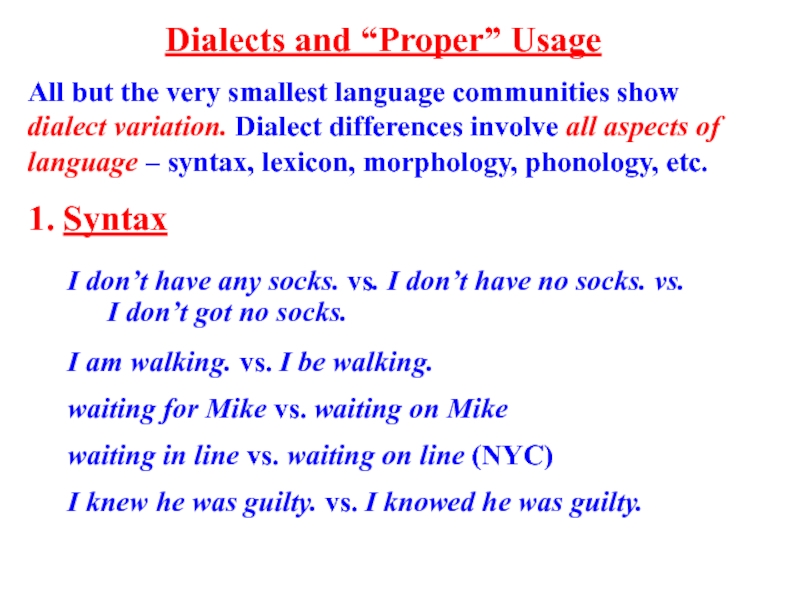
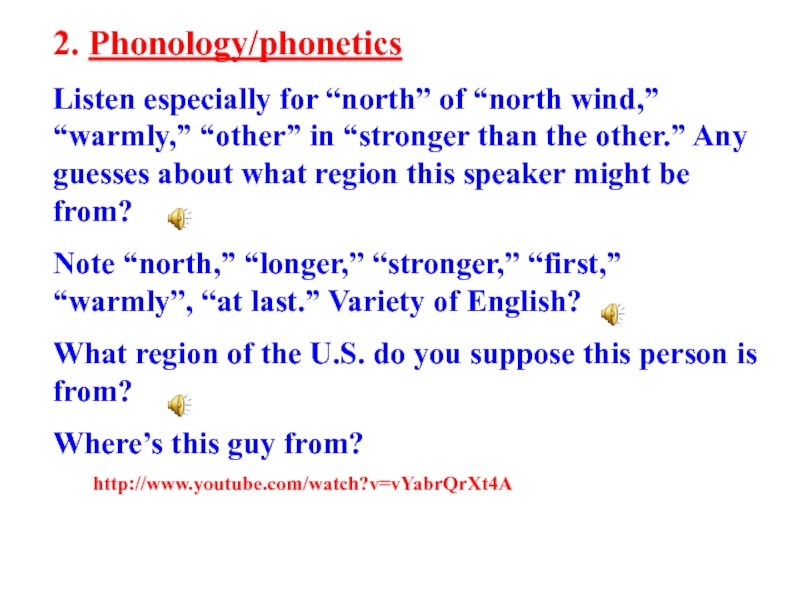
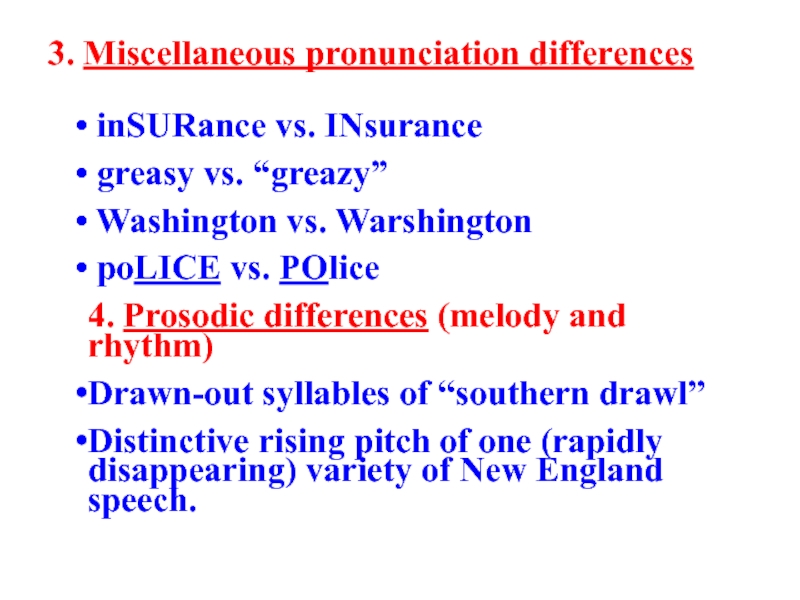


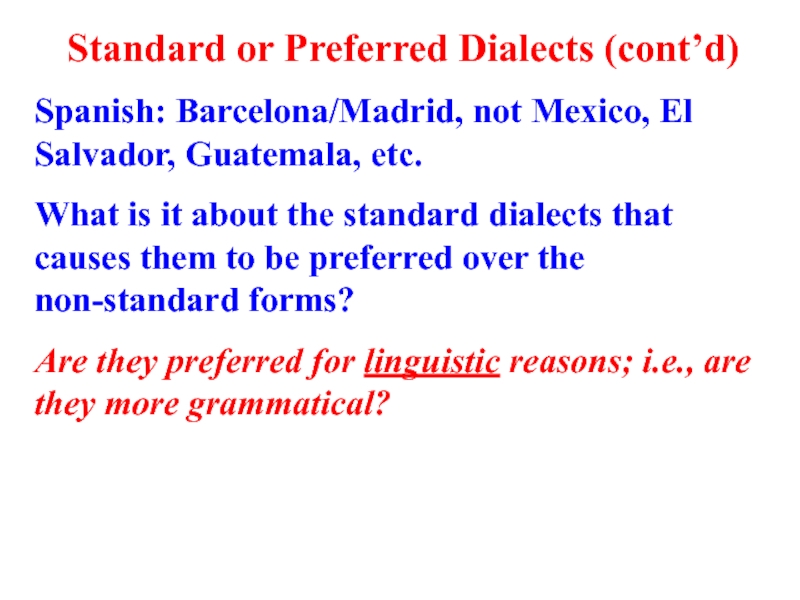
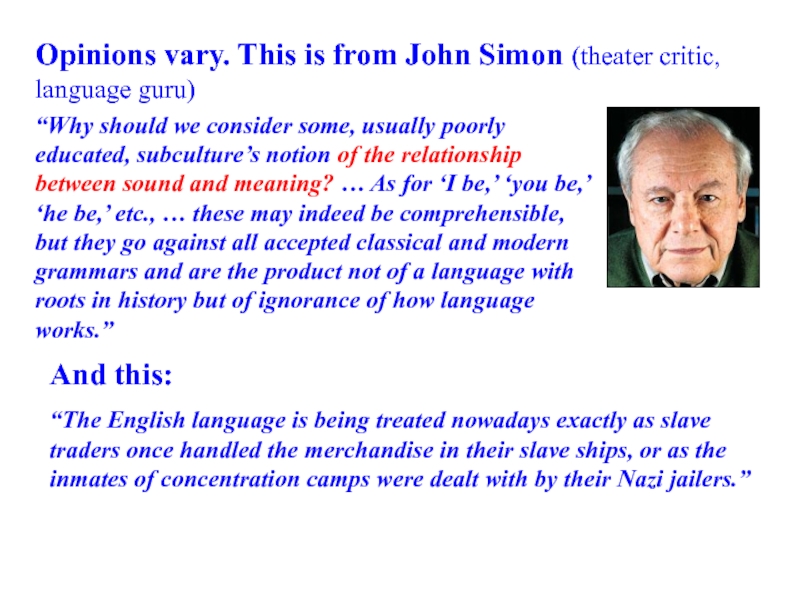

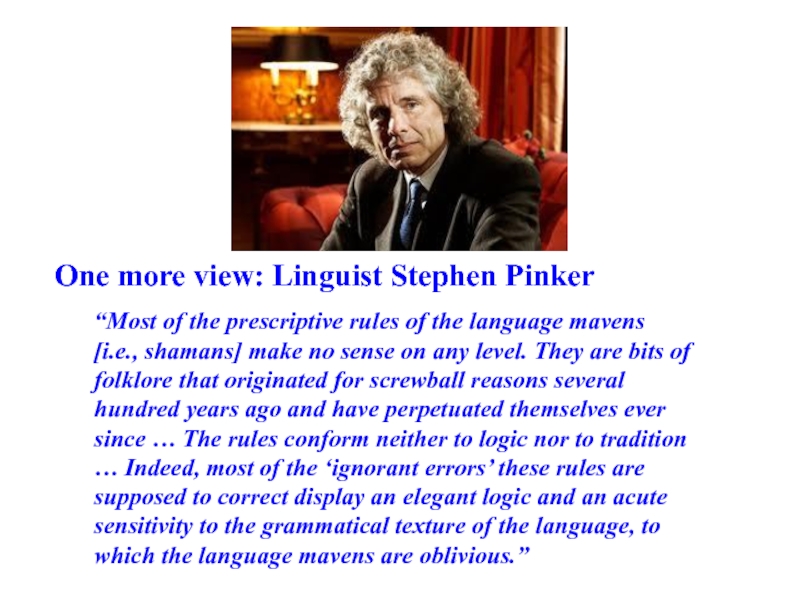
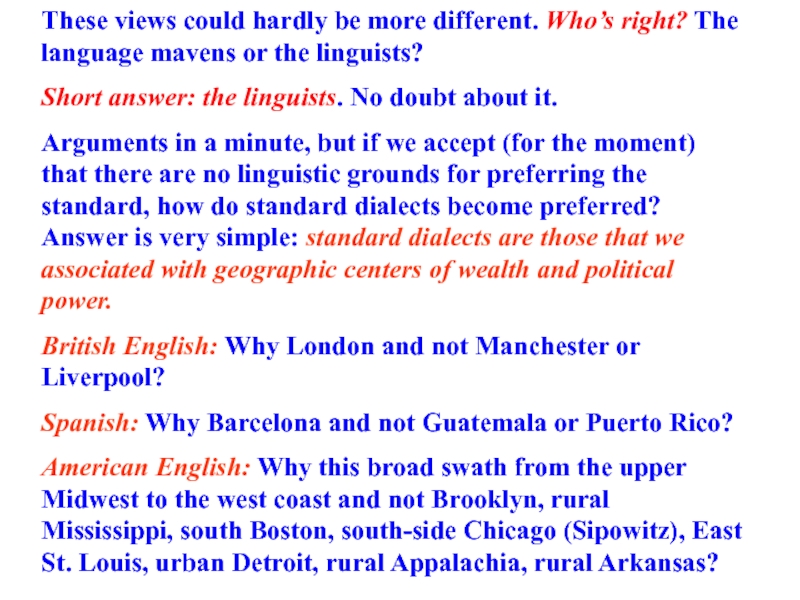
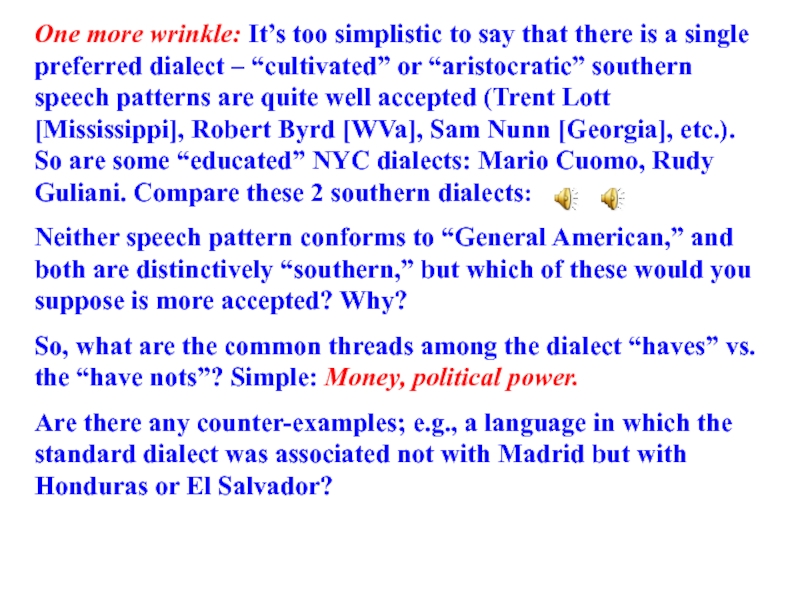
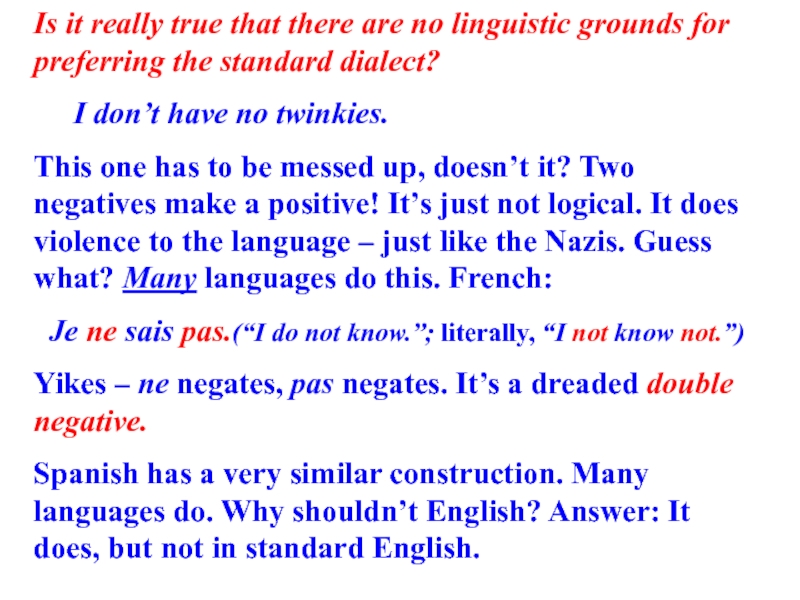
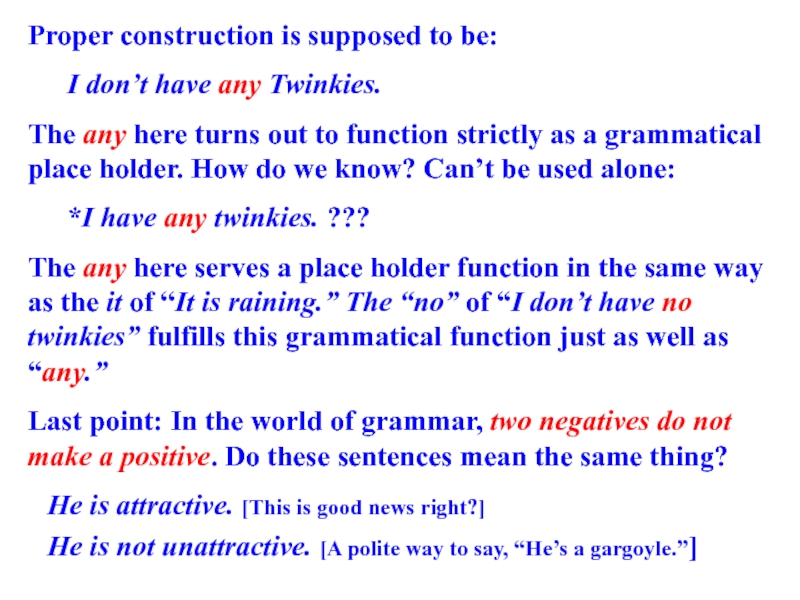
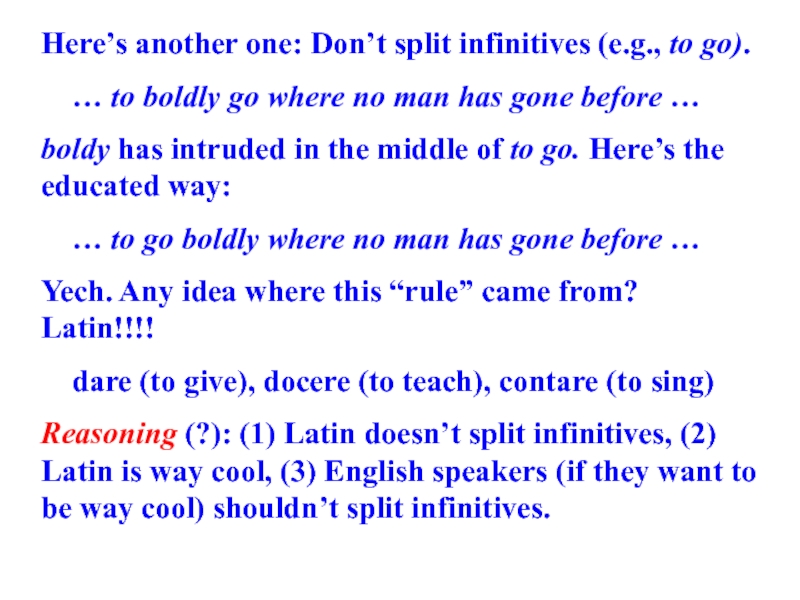
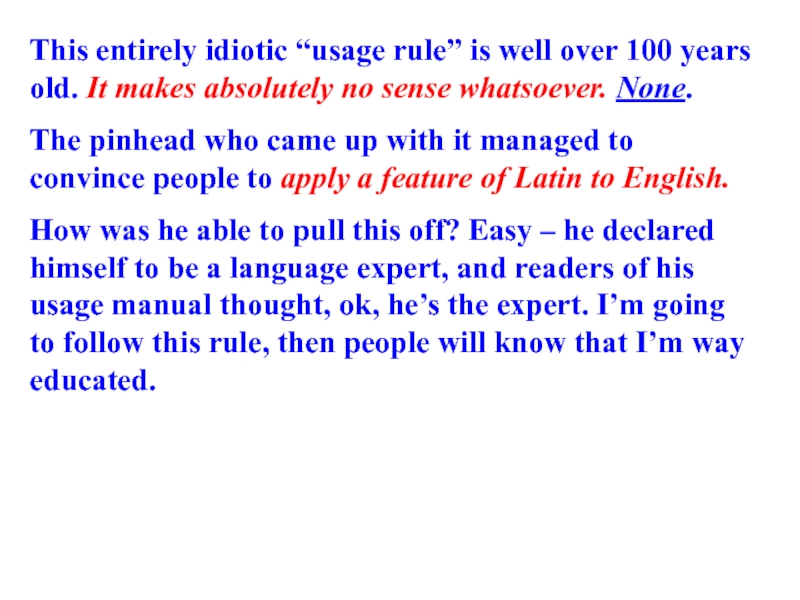
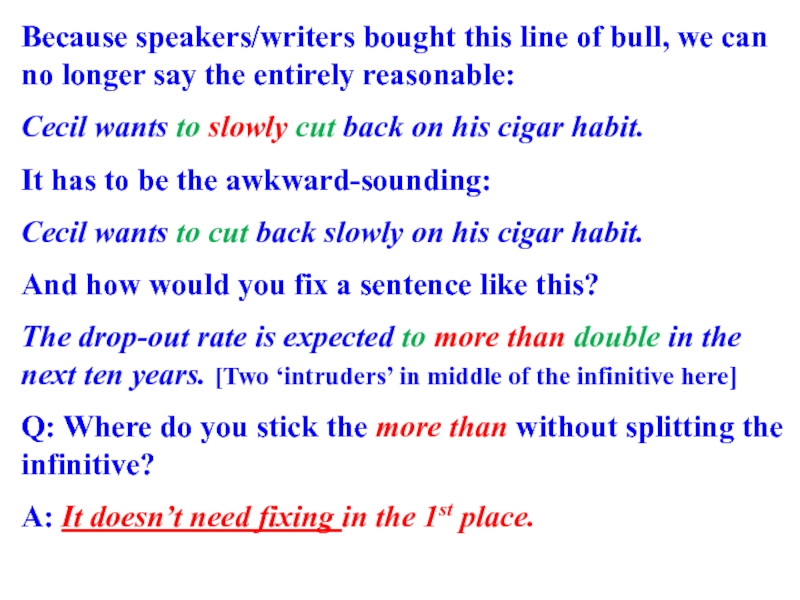
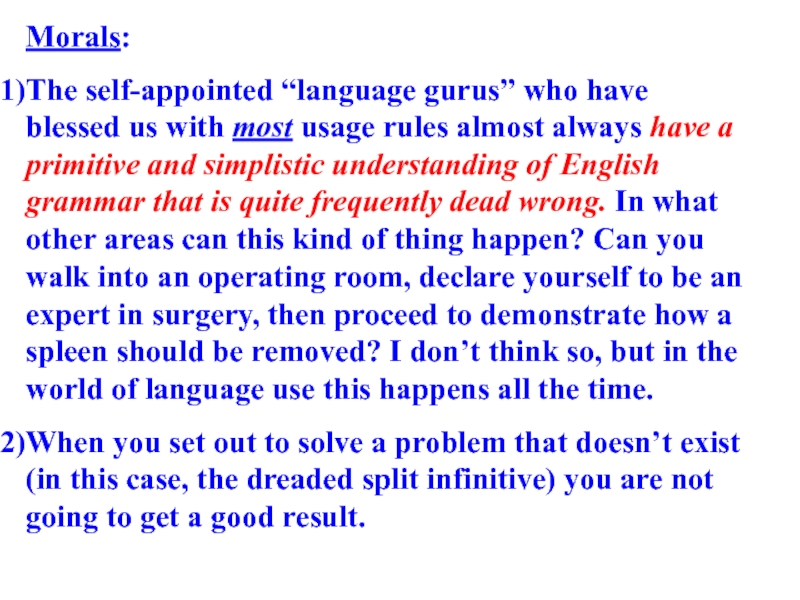
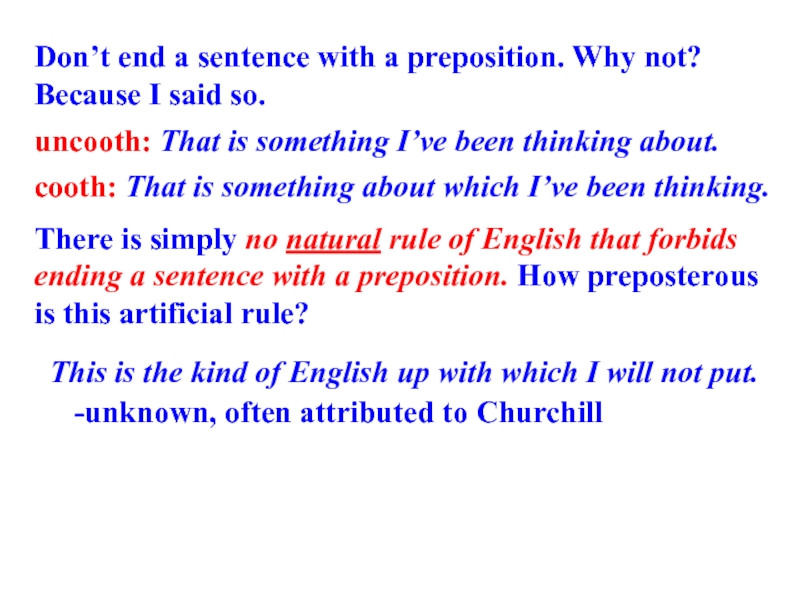
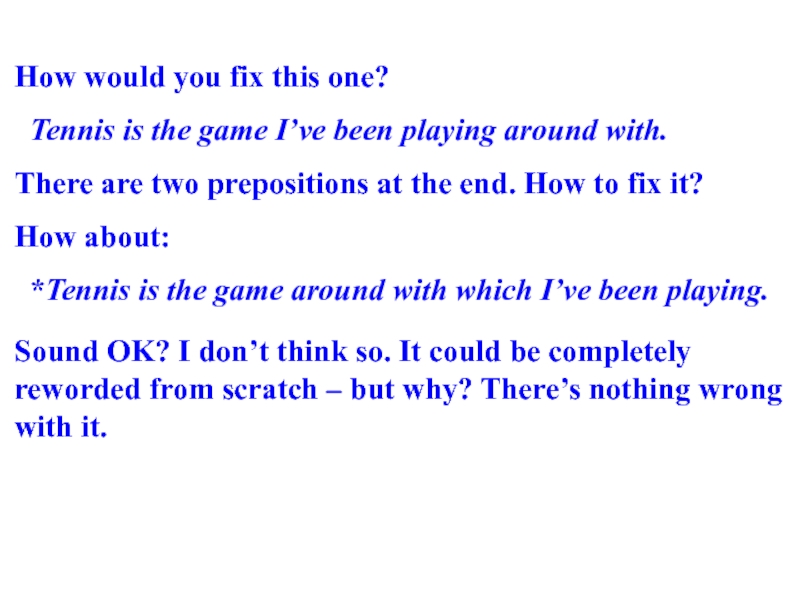
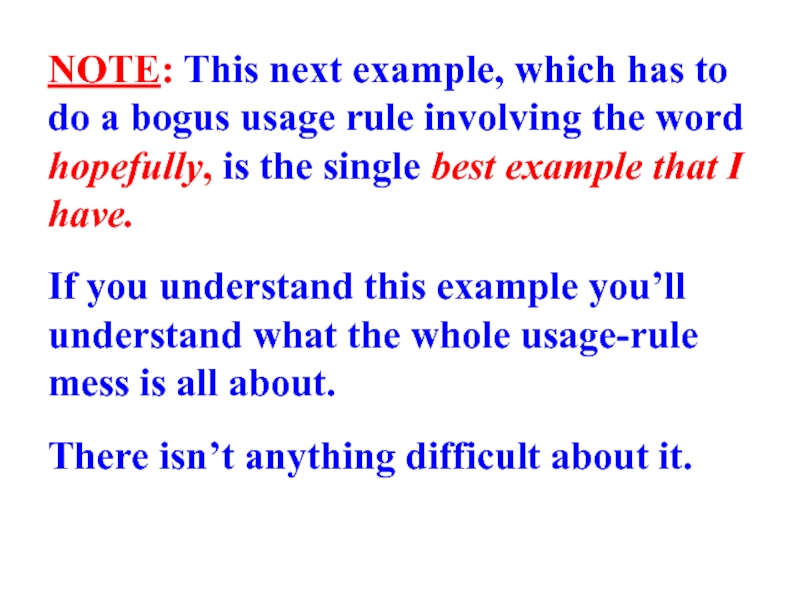
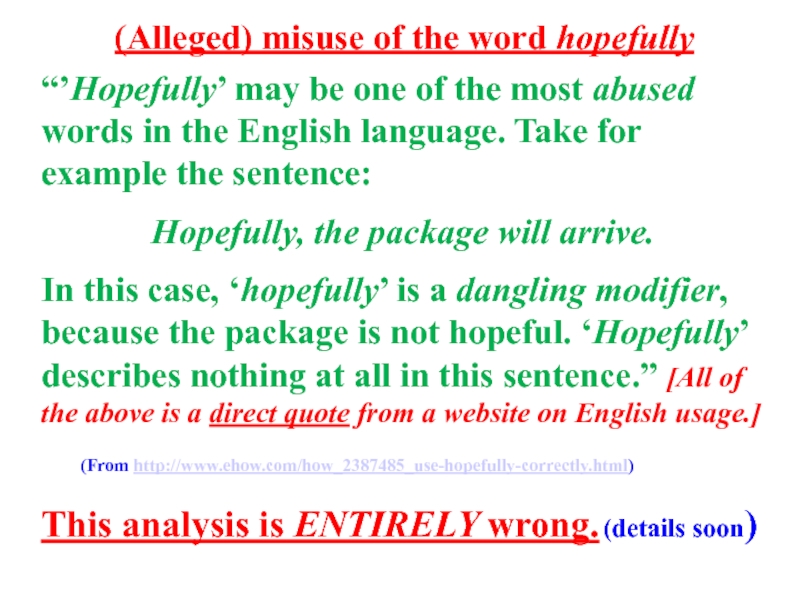
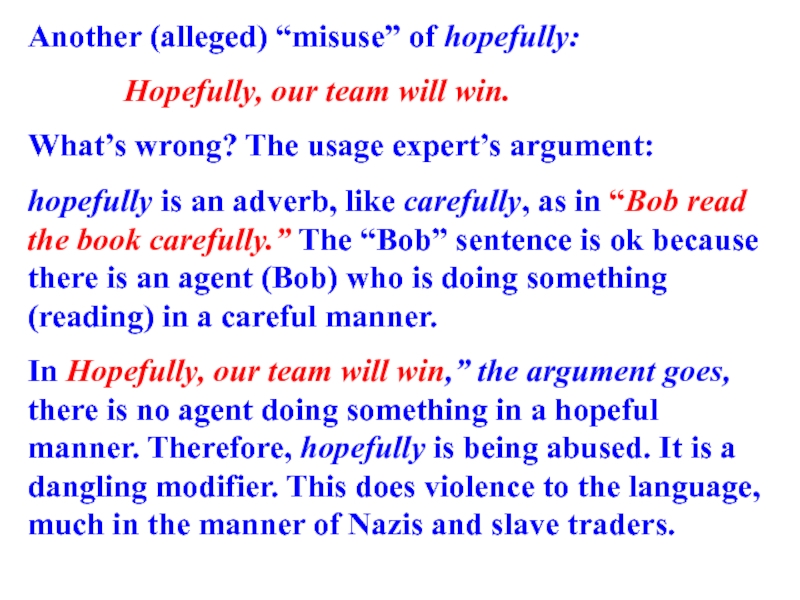
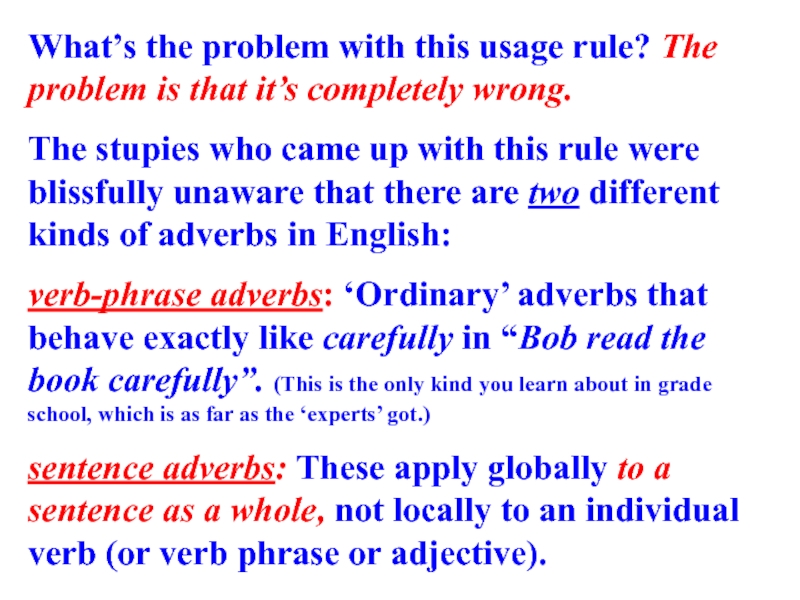
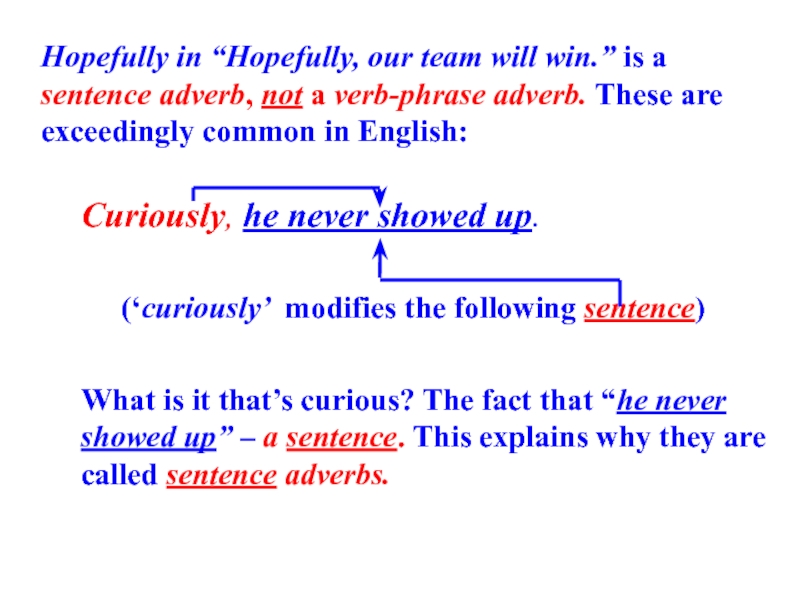
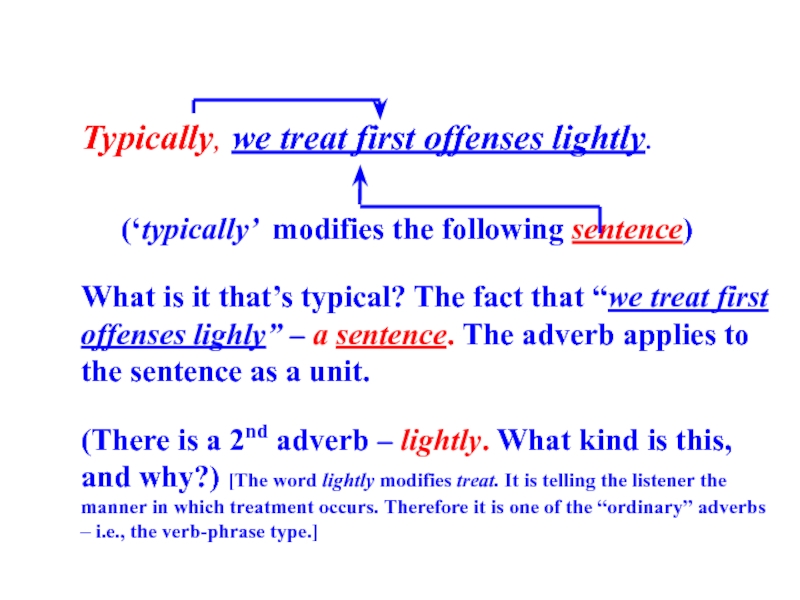
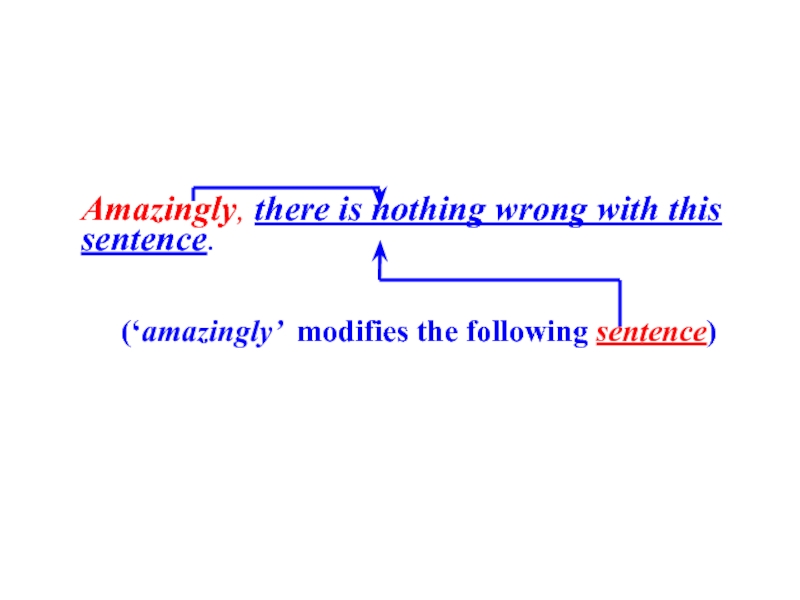
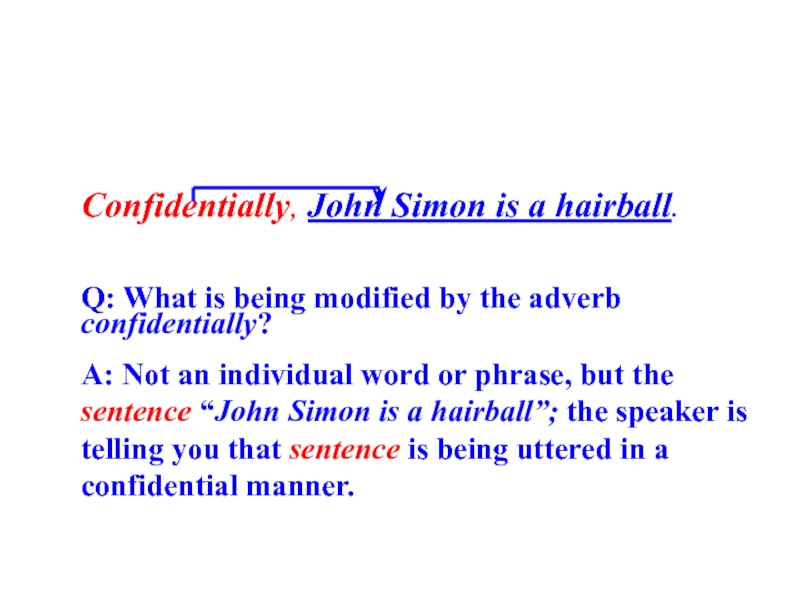
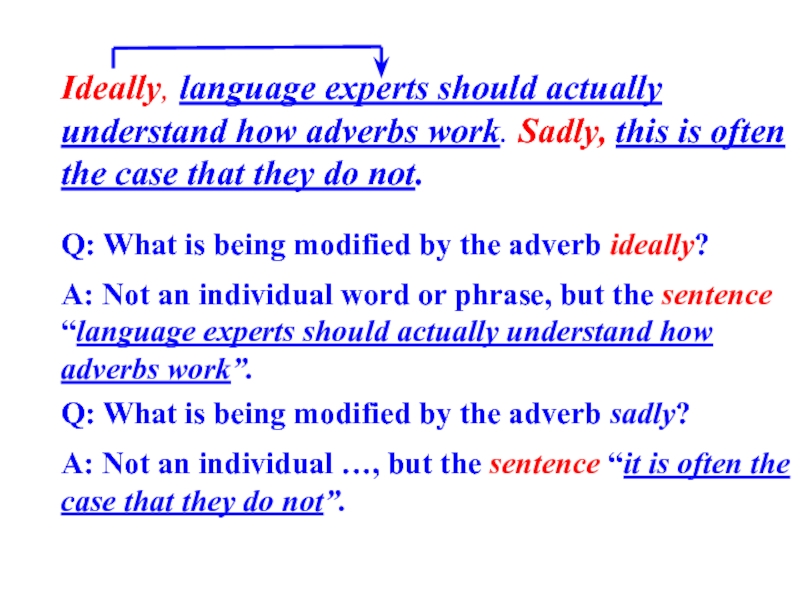
![Is there anything wrong with any of these sentences? [No]Are they different in any way](/img/tmb/5/476418/1dd6f82a108ab041b97edc9a9e75ee57-800x.jpg)
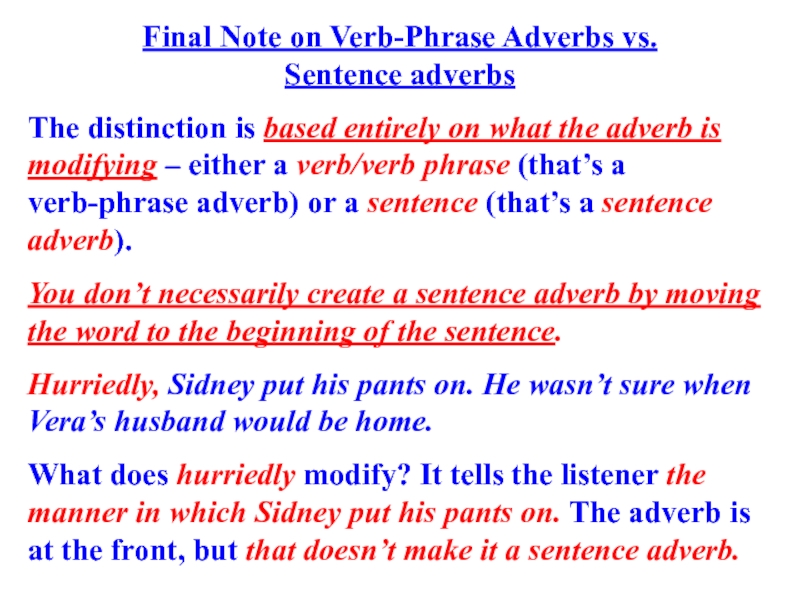
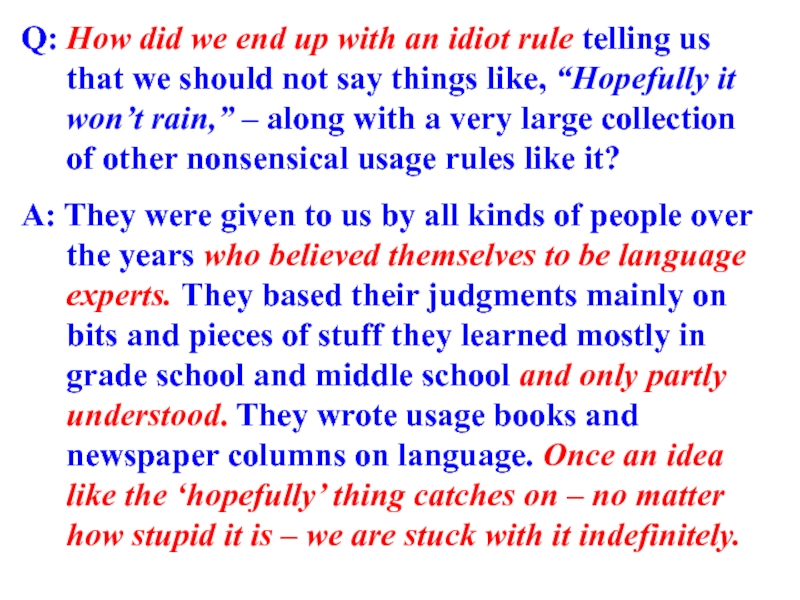
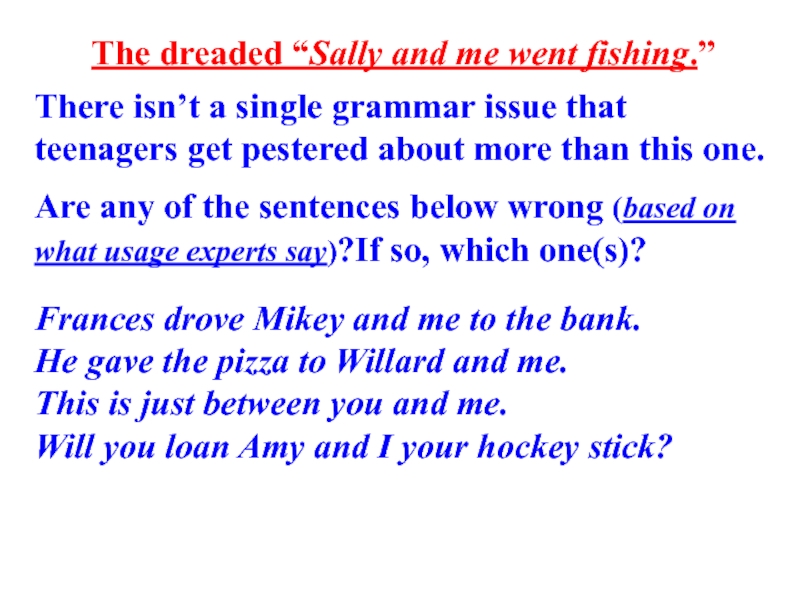
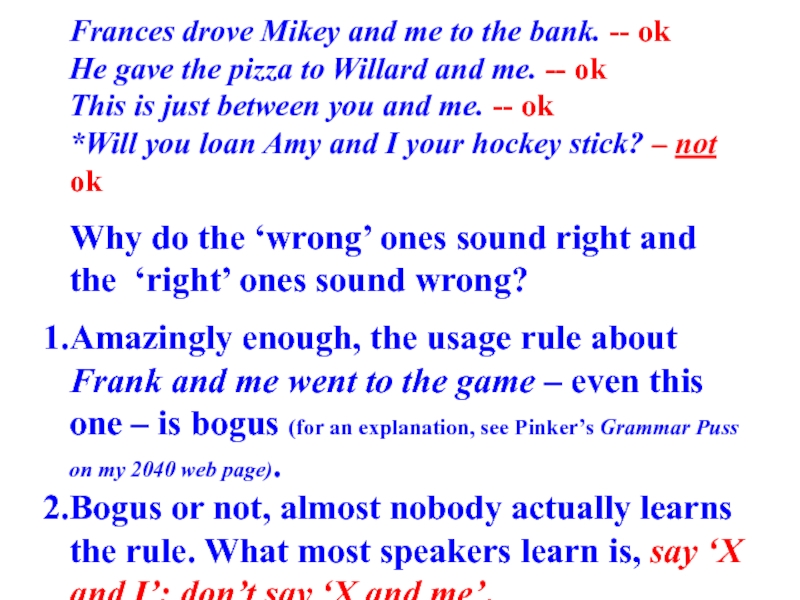

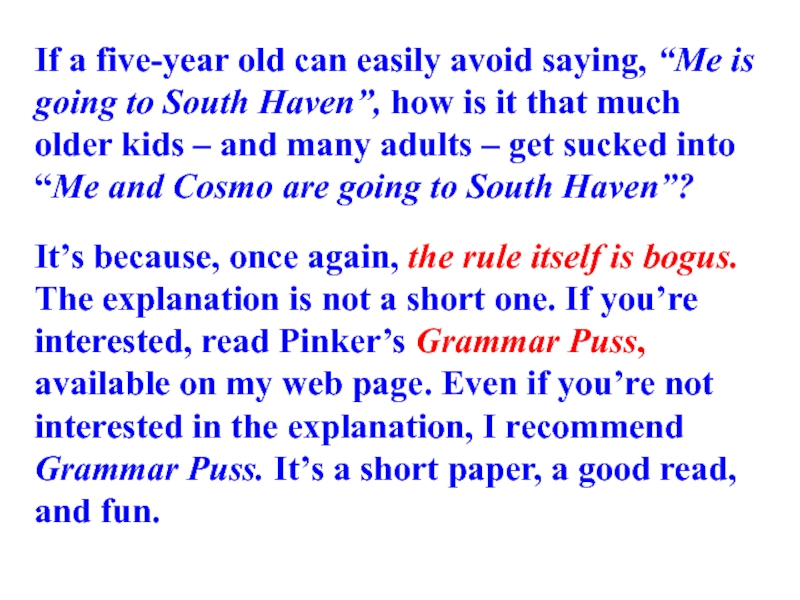

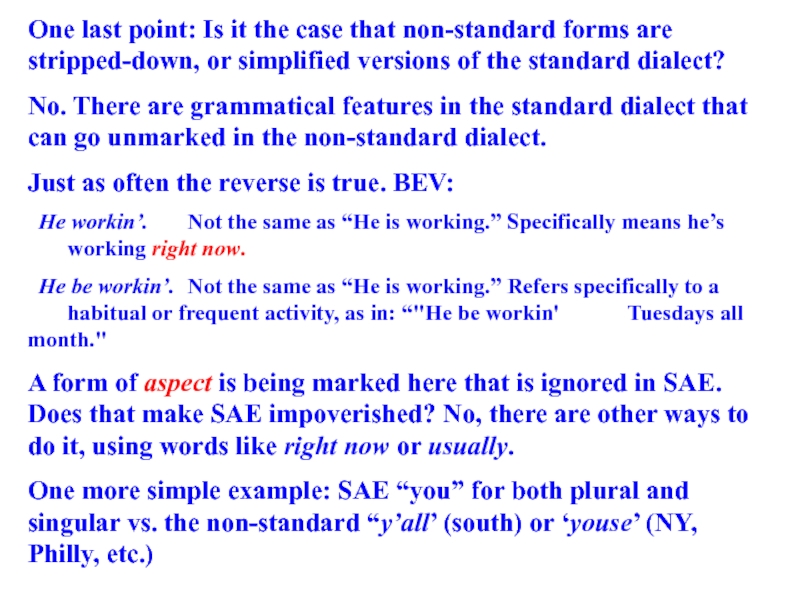
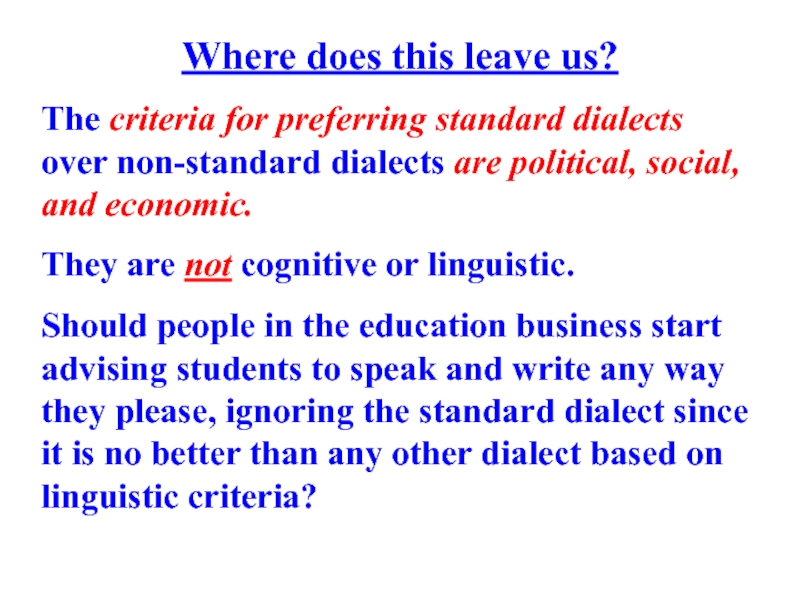
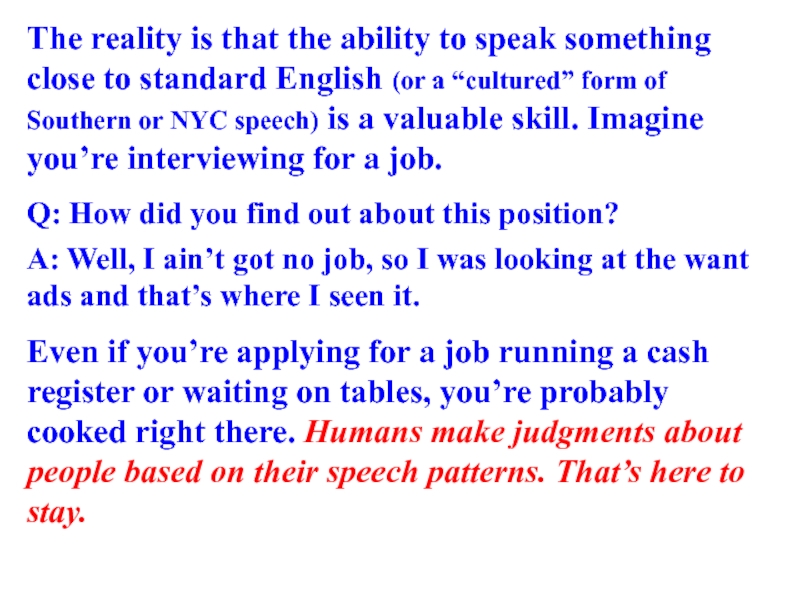
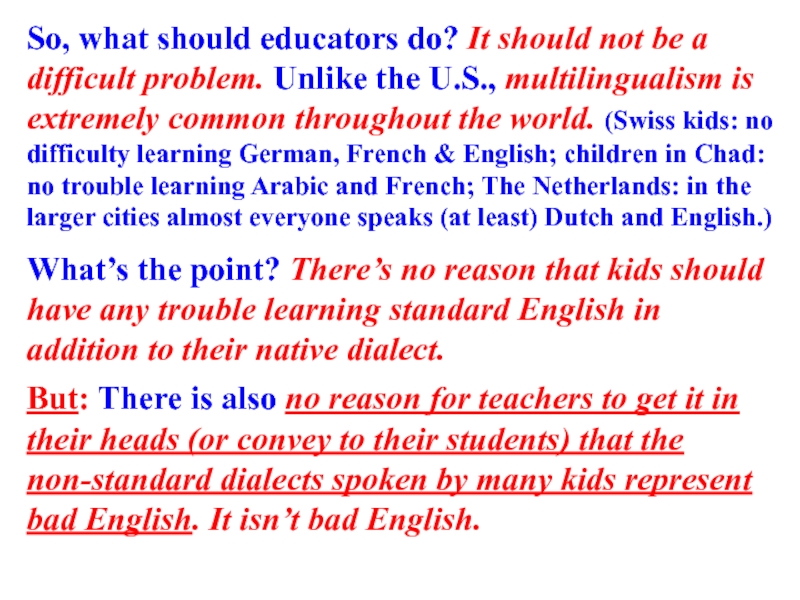
![[Read this on your own.]Attitude changes about “proper” and “improper dialects” do not come easily,](/img/tmb/5/476418/0e99f8263c335b37ca44d89ad8352520-800x.jpg)

